In a recent blog post highlighted by MarketWatch, a retired public school teacher from the Pacific Northwest shared his concerns about managing rising property taxes on a fixed income. The teacher, a 76-year-old widower residing in Edmonds, Washington, revealed that his annual property taxes could escalate from $16,000 in the 2023-24 period to over $20,000 by 2025 due to escalating home values in his area. Facing financial pressures with a fixed monthly income of approximately $5,600, he sought advice on possible solutions, including the advisability of consulting a financial planner.
Kenneth Robinson, a certified financial planner with Practical Financial Planning in Cleveland, suggested that a reverse mortgage could offer a viable solution. “Reverse mortgages have evolved significantly following federal regulations that addressed many of their earlier issues,” Robinson explained to MarketWatch. He highlighted that the Home Equity Conversion Mortgage (HECM), a federally regulated reverse mortgage program, now provides a safer option for homeowners looking to leverage their home equity to cover expenses like high property taxes.
Robinson pointed out that since the homeowner is above the minimum age requirement and the home is his primary asset, a reverse mortgage might allow him to remain in his home without the burden of escalating property taxes. He clarified, “With a reverse mortgage, only the home is used to repay the debt. If the loan amount exceeds the home’s value, other assets are protected, and the line of credit grows at a predetermined rate.”
Despite the potential benefits, the adoption of reverse mortgages among financial advisors remains limited, though they are increasingly recognized as valuable in high-cost living areas. A study by Mutual of Omaha Mortgage in 2023 indicated ongoing misconceptions about reverse mortgages, underscoring the need for continued education within the industry.
As financial pressures mount for retirees in regions with rising property values, reverse mortgages are being reconsidered as a strategic option to maintain homeownership and manage financial stability in retirement.

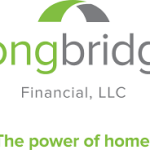
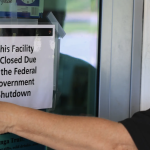



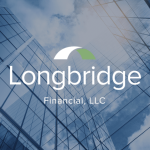
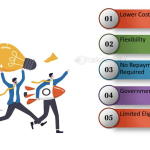

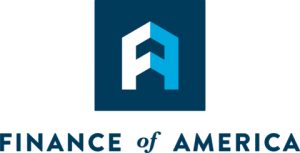
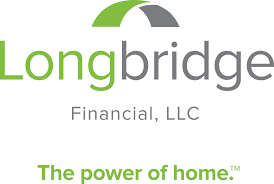
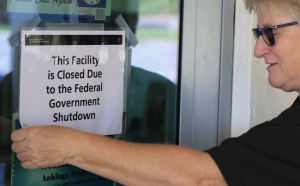


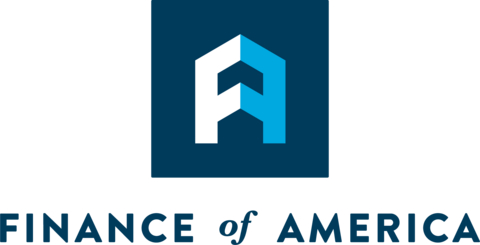
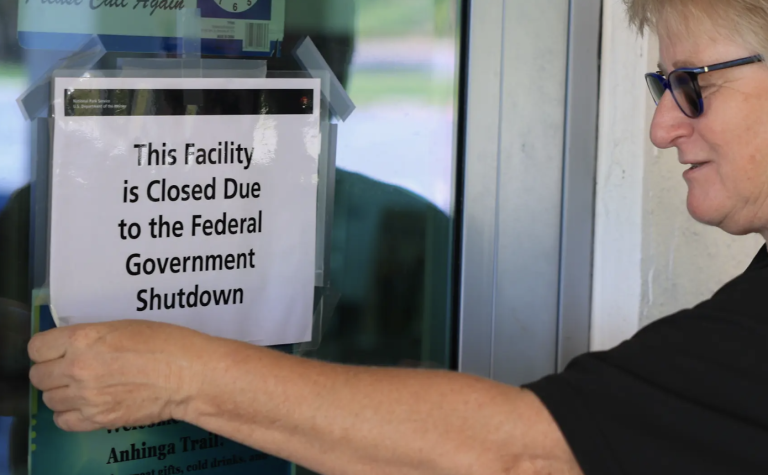

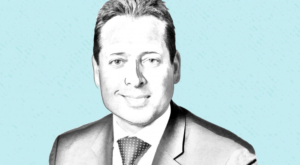



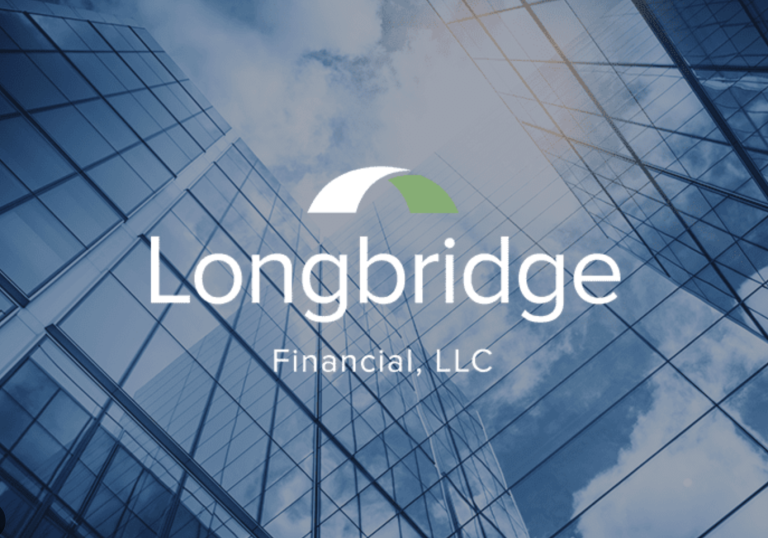
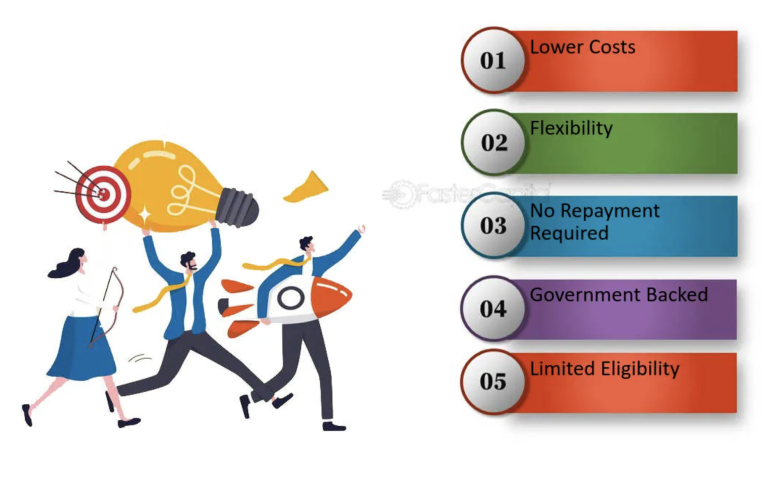
As someone nearing the decision on whether to get a reverse mortgage, Kenneth Robinson’s explanation clears up a lot of confusion. My wife and I have been worried about our rising property taxes here in Maine, and it’s comforting to know that our other assets could be protected if we go this route. Thanks for sharing this, it’s given us a lot to think about!
It’s interesting to see the continued skepticism around reverse mortgages despite the advancements and regulatory improvements. As a loan officer, educating clients about how these products can help them handle financial pressures like high property taxes is part of my daily job. More financial planners should look into this, especially in high-tax areas.
I’ve been hesitant about reverse mortgages because of all the negative stories I’ve heard over the years. But reading about the new safeguards and protections in place makes me think it might be worth another look.
My property taxes here in New Jersey are becoming unmanageable on my pension, and I need a solution that keeps me in my home.